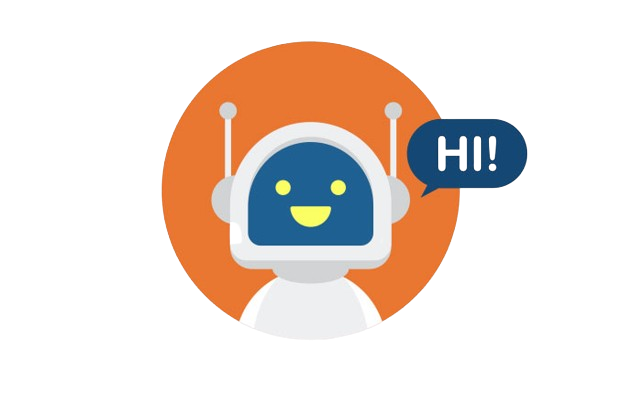Unlocking the Power of Martial Arts: How it Benefits Autistic Children
Martial arts training has a profound impact on individuals of all ages, with benefits that extend beyond physical fitness. For children on the autism spectrum, martial arts can be a transformative experience, unlocking their potential and providing them with valuable life skills. In this article, we will explore the various ways in which martial arts can benefit autistic children and the research that supports these claims.
Developing Self-control and Focus
A key challenge for many autistic children is hyperactivity and difficulty with focus. Martial arts training provides structure and discipline that can help address these issues. By following a set routine and learning specific techniques, autistic children can develop self-control and improve their ability to concentrate.
According to a study published in the Journal of Autism and Developmental Disorders, regular martial arts practice was found to improve attention span and decrease hyperactivity in children with autism. The study involved a group of children who attended martial arts classes twice a week for a period of six months. At the end of the study, the children showed significant improvements in their ability to stay focused and exhibit self-control.
- Martial arts training provides structure and discipline
- Improves attention span
- Decreases hyperactivity
Promoting Social Interaction and Communication
Many autistic children struggle with social interaction and communication skills. Martial arts training offers a supportive environment where they can engage with peers and develop these crucial abilities. Working together in a class setting, autistic children learn to take turns, listen to instructions, and communicate effectively.
A case study conducted by researchers at the University of Wisconsin-Madison examined the impact of martial arts on social skills in a group of autistic children. The study found that after participating in regular martial arts classes, the children showed significant improvements in their ability to interact with peers and communicate more effectively.
- Supportive environment for social interaction
- Teaches turn-taking and effective communication
- Significant improvements in social skills
Building Confidence and Self-esteem
Low self-esteem is a common struggle for autistic children, often due to difficulties they face in social situations. Martial arts training focuses on personal growth and achievement, providing opportunities for autistic children to build confidence and improve their self-esteem.
A study conducted by researchers at the University of California Irvine found that autistic children who participated in martial arts classes experienced enhanced self-esteem as a result of their accomplishments and progress. The structured nature of martial arts training allows children to set goals and witness their own improvement over time, boosting their confidence in their abilities.
- Fosters personal growth and achievement
- Opportunities for setting and achieving goals
- Enhanced self-esteem and confidence
Improving Motor Skills and Coordination
Autistic children often face challenges with motor skills and coordination. Martial arts training provides a range of physical activities that help develop coordination and improve motor skills. The repetition of movements and techniques in martial arts classes allows children to practice and refine their motor skills in a structured and supportive environment.
A research study conducted at the University of Pittsburgh demonstrated that martial arts training had a significant impact on the motor skills of autistic children. The study involved a group of children participating in a six-month martial arts program and found that they showed significant improvement in tasks involving balance, coordination, and motor planning.
- Develops coordination and motor skills
- Structured practice in a supportive environment
- Significant improvement in motor skills
Summary
Martial arts training offers a wide range of benefits for autistic children, including improved self-control, better social interaction and communication skills, enhanced self-esteem, and improved motor skills. Research studies consistently demonstrate the positive impact of martial arts on autistic individuals, providing valuable insights into the transformative power of this form of training.
By incorporating martial arts into the lives of autistic children, we can unlock their potential, help them overcome challenges, and empower them with valuable life skills. The structured environment, discipline, and focus of martial arts provide a supportive platform for their personal growth and development. As more research continues to validate the benefits of martial arts for autistic children, it is crucial to recognize and promote the potential of this powerful tool.

